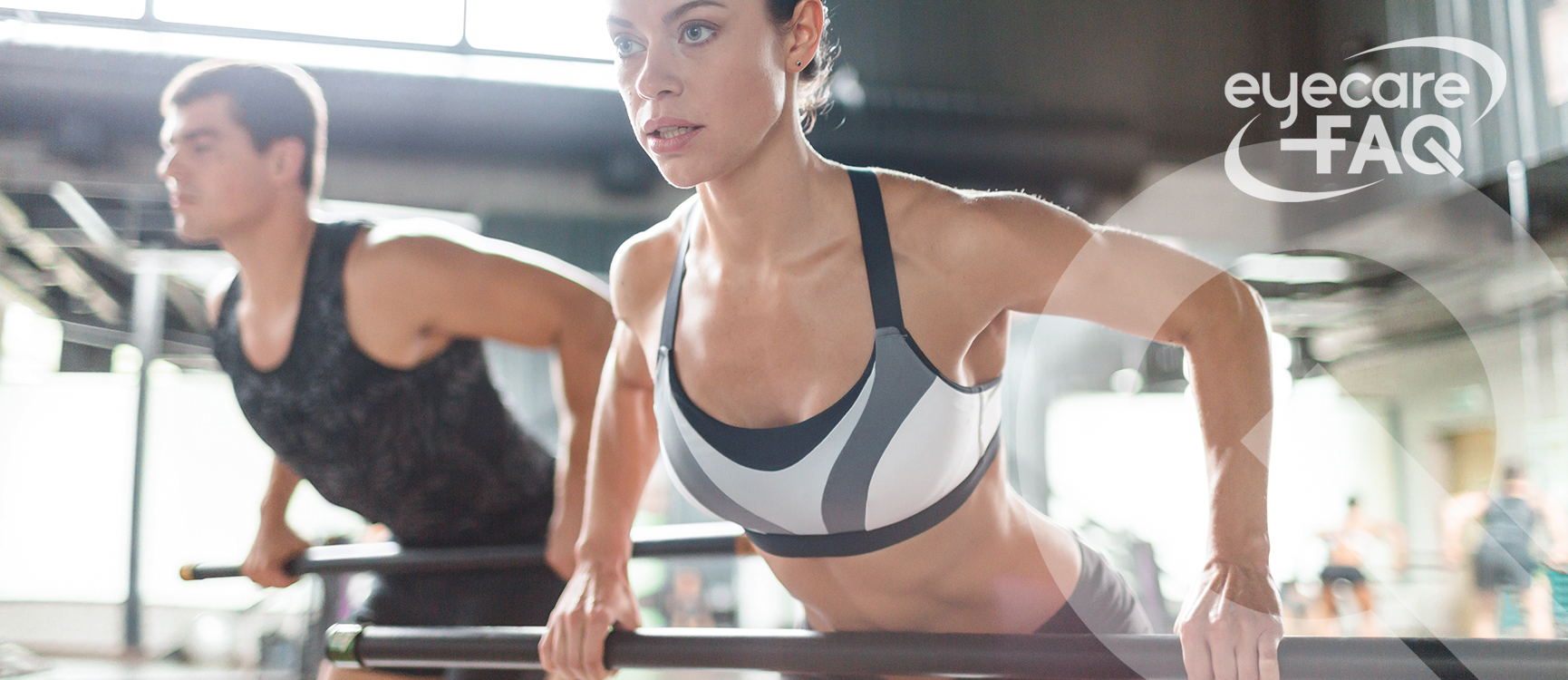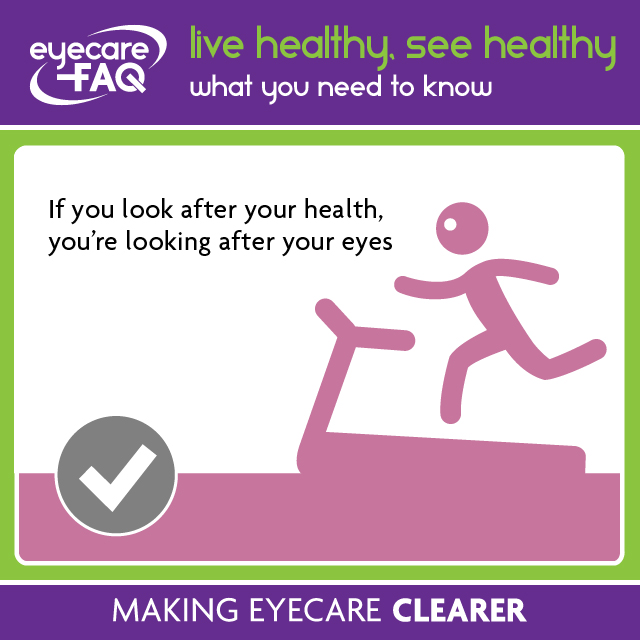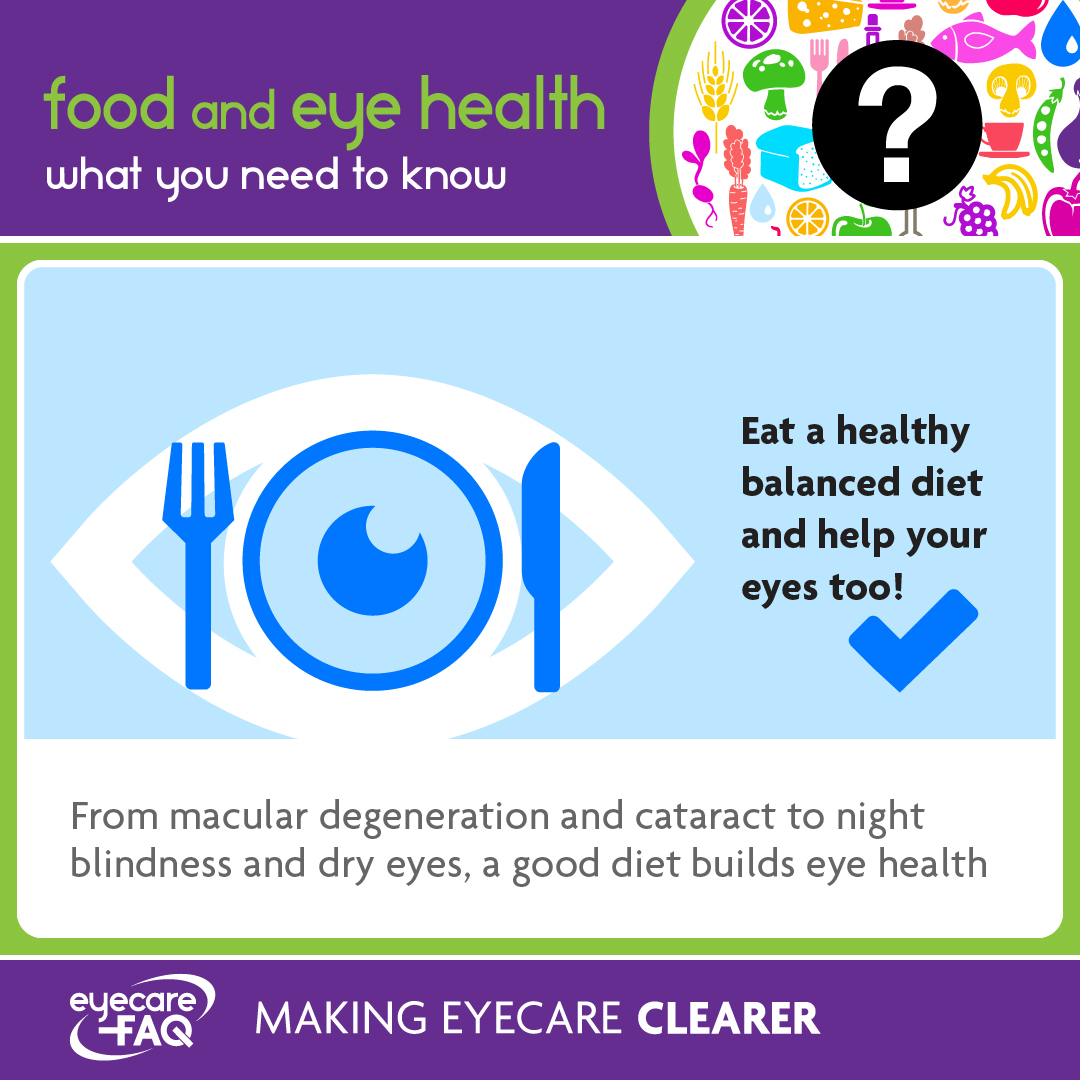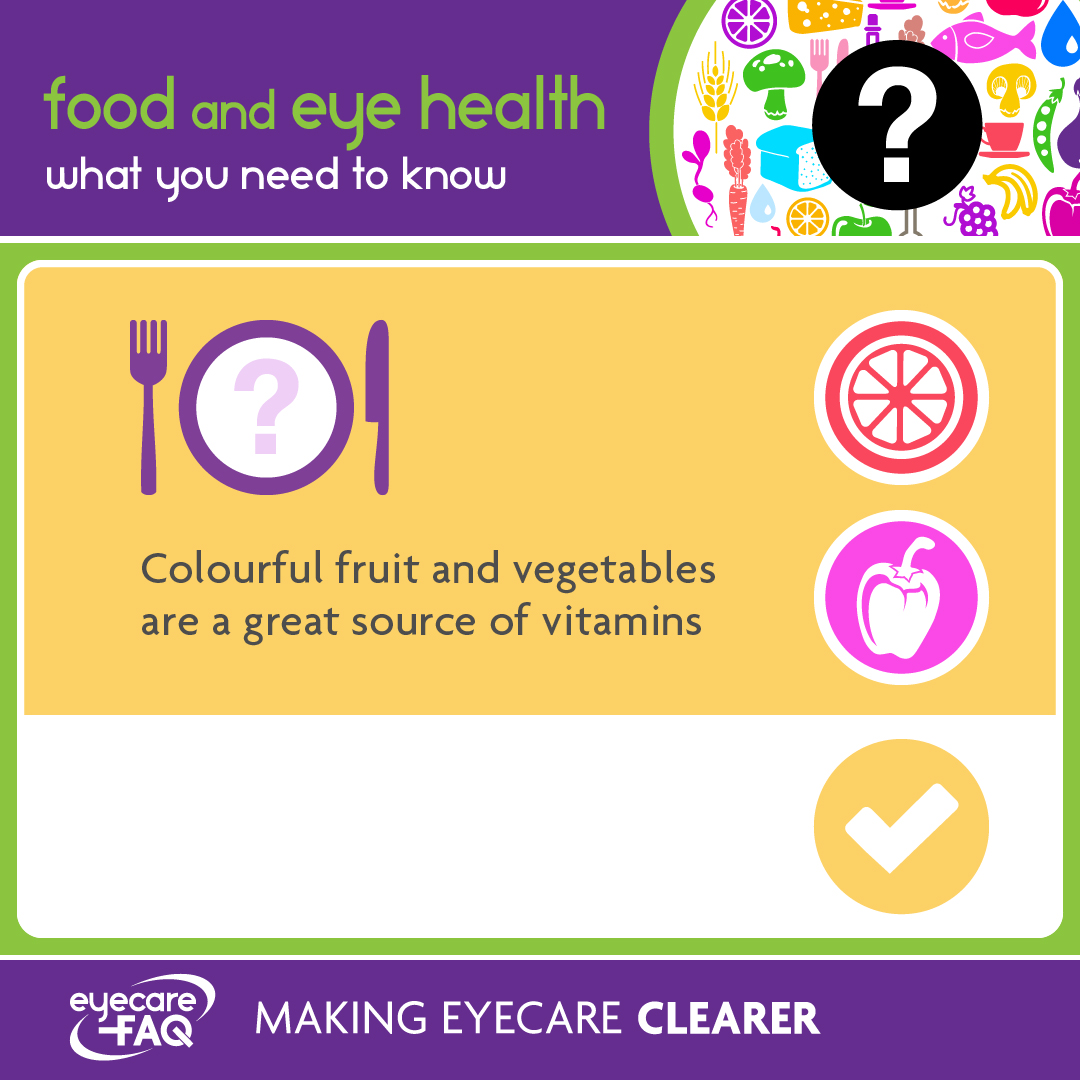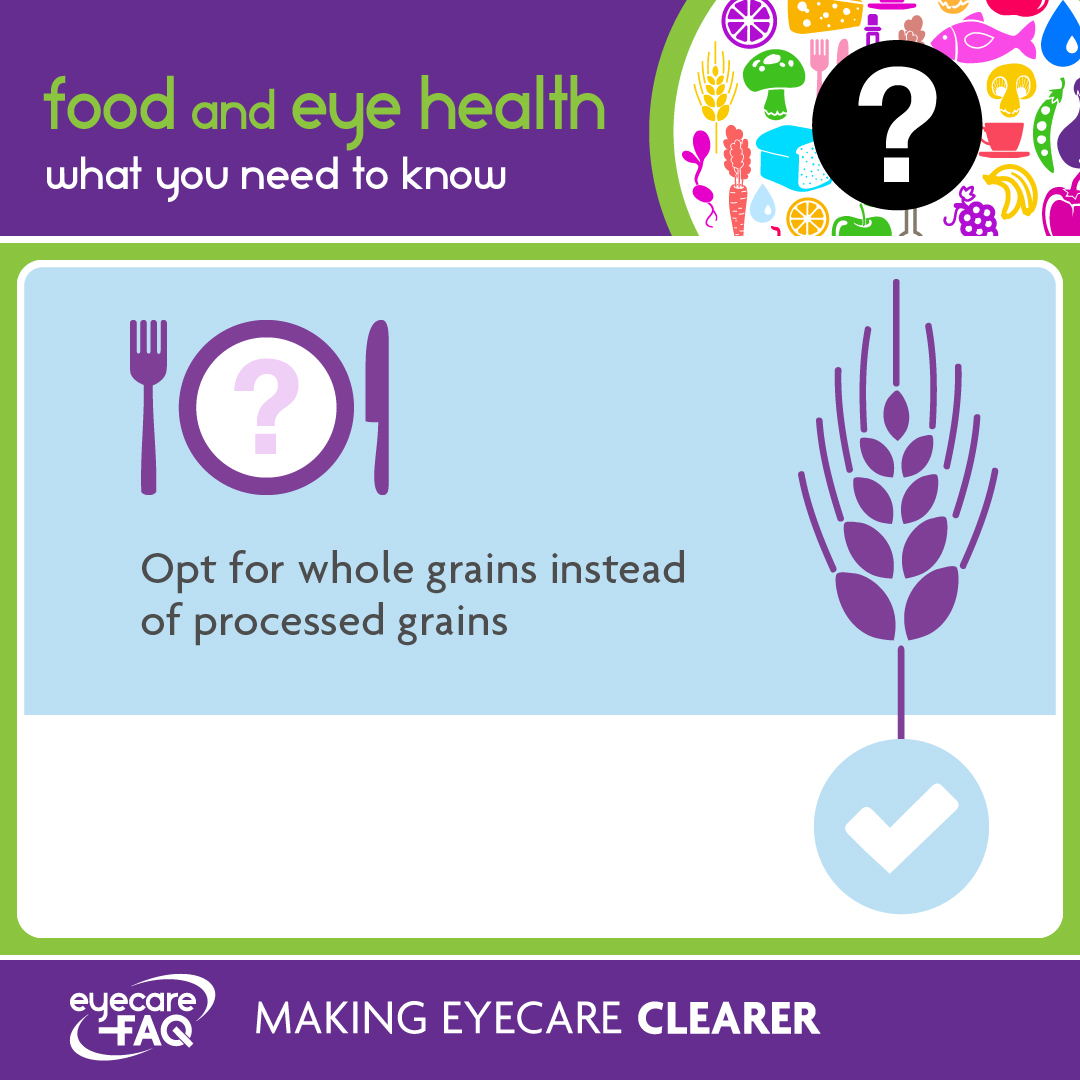How does exercise help my eyes stay healthy?
Regular exercise is a healthy lifestyle choice with numerous benefits to general health. Exercise helps you stay fit and your heart stays in good condition. It can also help you control your weight and improve control of high blood pressure or diabetes. All this contributes to better general health and this in turn could reduce the risks of problems with your vision such as diabetic retinopathy and age-related macular degeneration
Remember to use the correct eye wear if you play a sport where there is a risk to your eyes. Find out more about the best eyewear for sports here.
How much exercise should I do?
NHS Direct recommends a minimum of 30 minutes exercise a day. This is probably enough if you have a reasonably active job, or walk a little during the day. If you drive to work and park immediately outside your office, then 30 minutes may not be enough. Always consult your GP before undertaking a new exercise regime
There are lots more information about how exercise helps your eyes stay healthy here.
Do vitamins help my eyes?
Vitamins A, C and E as part of a healthy diet may have a role in protecting against cataracts, and vitamins C and E might help ward off age related macular degeneration. Don’t start taking lots of supplements: instead make sure your diet is packed with good healthy foods. High vitamin A foods include sweet potatoes, winter squashes, lettuce, dried apricots, cantaloupe, fish, liver, and tropical fruits. Get vitamin A and C from vegetables and fruits, such as spinach, carrots, tomatoes and red peppers. Vitamin E can come from nuts, peanuts, avocado, as well as salad dressings made with healthy oils, such as olive oil.
If you have an eye condition, speak to your GP or eye specialist before taking a supplement.
A great simple rule of thumb for healthy eyecare eating is “If its dark green or bright red try and include it in your diet!”
Does my diet affect my eyes?
Eat a balanced diet to stay healthy: it has benefits for your whole body as well as your eyes. Being overweight can put you at risk of health problems including high blood pressure, stroke and type 2 diabetes which can have adverse effects on the eyes.
Reduce your risk of developing these conditions by losing weight if you need too.
Should I take supplements to help my eyes?
Most people with a healthy diet get all the vitamins and minerals they need from what they eat. If you have an eye condition, speak to your GP or eye specialist before taking a supplement. Some studies have indicated that some people with a poor dietary intake of vitamins and minerals may benefit from taking supplements to help eye conditions such as age-related macular degeneration, although more research is needed to confirm this.
Is eating fish good for my eyes?
Fish can be good for your eyes. Fish such as salmon, tuna, sardines, halibut, trout, anchovies, herring, and mackerel are rich in omega-3 fatty acids, which might reduce the risk of developing eye disease later in life and protect against macular degeneration and cataracts. Clinical trials have shown that omega-3, a group of fatty acids that we get from our diets, can have a positive effect on the symptoms of dry eye when taken in certain quantities. The NHS recommends that we eat at least two portions of fish a week, including one of oily fish.
If you do not eat fish you can also get omega 3 from flaxseed/linseed or rapeseed oils and soya foods such as tofu, as well as walnuts and eggs enriched with added omega-3. There is also omega-3 in fish oil supplements and vegetarian supplements that contain black currant seed oil or flaxseed oil
If you are thinking of taking omega 3 supplements for dry eye discuss this with your GP or eye specialist first.
Is eating leafy green vegetables good for my eyes?
Leafy green vegetables, like spinach, kale and collard greens, are full of carotenoids – lutein and zeaxanthin. These may help protect your eyes against macular degeneration and cataracts. Broccoli, peas, avocados, romaine lettuce and eggs are also a good source of these nutrients. Curly kale is an often referred to as a “super food” for eye health
Is eating citrus fruit and berries good for my eyes?
Oranges, grapefruits, lemons and berries are high in vitamin C, an antioxidant which may reduce the risk of cataracts and macular degeneration. Your eyes need relatively high levels of vitamin C to function properly. You will also find vitamin C in lots of other foods including peaches, red peppers and tomatoes.
Is eating eggs good for my eyes?
Some of the nutrients in eggs include lutein and vitamin A, which may protect against poorer night vision and dry eyes, promote eye health and function.
Is eating whole grains good for my eyes?
Whole grains such as quinoa, brown rice, whole oats and whole-wheat breads and pasta contain vitamin E, zinc and niacin to promote overall eye health. These grains also have a lower glycemic index (GI) than processed grains, which may help reduce your risk for age-related macular degeneration.
Is eating nuts good for my eyes?
Nuts are rich in omega-3 fatty acids and vitamin E that boost your eye health. Pick from pistachios, walnuts, almonds and many more, but remember that you only need a small portion as nuts can be high in fat and calories.
Is eating fruit and vegetables good for my eyes?
Pick brightly coloured fruits and vegetables as they are an excellent sources of vitamins A and C. Vitamin C is an antioxidant which may reduce the risk of cataracts and macular degeneration. Pick a selection to eat each day including carrots, tomatoes, bell peppers, strawberries, pumpkin, corn and cantaloupe. Their red, yellow and orange pigments mean that they include carotenoids, which are thought to decrease the risk of eye diseases.
Is eating legumes such as peas, beans and lentils, good for my eyes?
Legumes are good sources of bioflavonoids and zinc. These may help protect the retina and lower the risk for developing macular degeneration and cataracts. Examples of legumes include kidney beans, black-eyed peas, lentils, lima beans, and peanuts. These all contain zinc, which is also found in oysters, lean red meat, poultry and fortified cereals.
Are fish oil supplements good for my eyes?
Fish oil contains omega-3 fatty acids which have many eye health benefits, including helping to prevent or control dry eye syndrome as well as reduce the risk of macular degeneration and cataracts. Flaxseed oil and blackcurrant seed oil offer similar benefits.
Always talk to your GP or eye specialist about taking a supplement.
Is eating sunflower seeds good for my eyes?
Sunflower seeds are excellent sources of vitamin E and zinc which may help protect the eye and lower the risk of some eye diseases.
